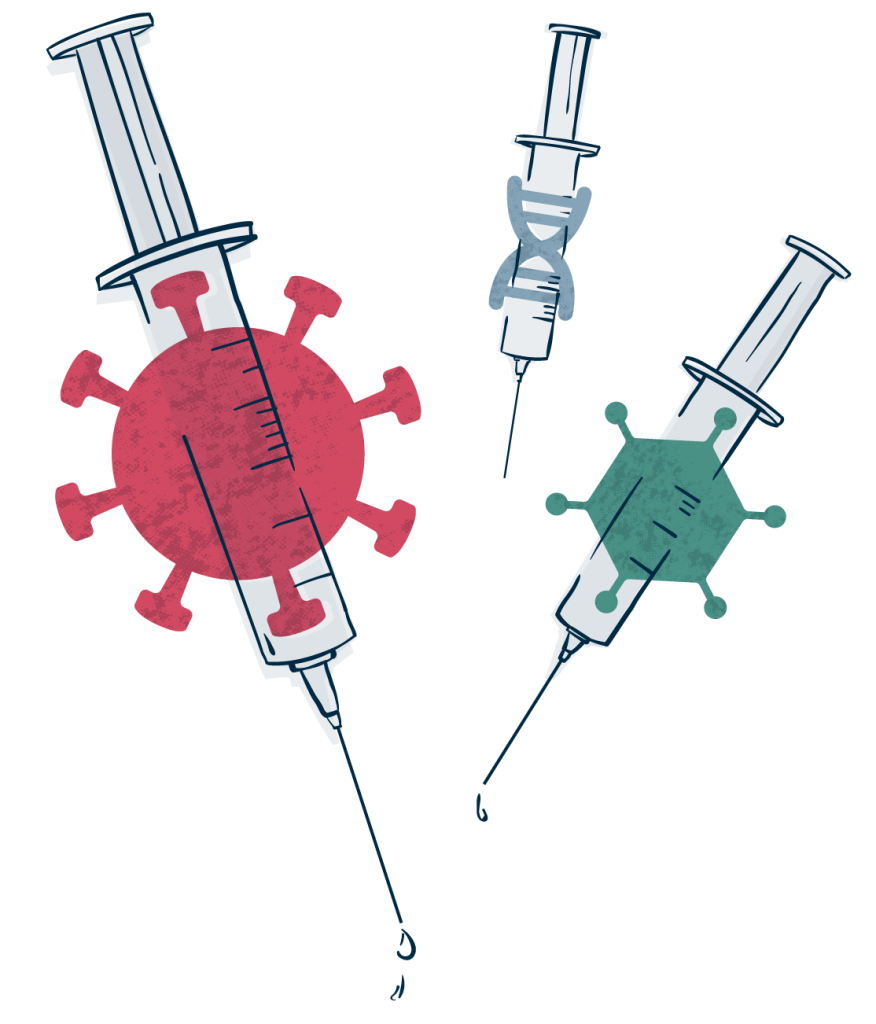Case #1:
Suppose a man has a debilitating genetic condition that a small percentage of his children would inherit.
Suppose also that he is moderately sexually active and so could impregnate several women over the next few years.
And suppose that you have an injection that could render him sterile.
But he refuses to take it.
Would you force him to take the sterilizing injection?
No! you say. What kind of monster would do that? *
Case #2:
Suppose a man has a sexually transmitted disease and is moderately sexually active. And suppose that he may or may not use condoms consistently and may or may not have conversations about STDs beforehand with his sexual partners.
And suppose that you have an injection that could cure the STD.
But he refuses to take it.
Would you mandate that he take it?

Making the analogy to Covid policies:
> It’s easier for sexual partners to protect themselves (though he may lie to them about his condition or be a rapist). Covid is more infectious and so harder to protect against? Principle: Ease of self-responsibility in self-defense.
> STD transmission requires close contact. Covid is transmissible at longer distances. Principle: Degree of physical proximity necessary.
> STDs can be transmitted even while one does not know one is infected, though typically to fewer others in a given amount of time. Covid can be transmitted while one does not know one has it to many others in the same amount of time. Principle: Degree of infectiousness during ignorance stage.
> Sexual reproduction is a normal part of life. Is dealing with infectious diseases such as Covid a normal part of life? Principle: Normal life versus emergencies.
* See Buck v. Bell, the 1927 US Supreme Court decision that allowed compulsory sterilization of the unfit “for the protection and health of the state.”
You’re thinking too much. Here’s some SOMA.
In the first case, the answer is simple there is a possibility of discriminating between the embryos affected by the genetic disease and those which are not. The parents then make their decision according to their faith and their convictions. It is therefore useless to constrain.
In the second case, the individual who infects a sexual partner when he knows he is infected with a virus such as AIDS can be accused and sentenced given the seriousness of the infection he has transmitted. It is therefore the law that determines whether there is a need to compel an individual to make reparation and where to be imprisoned for a serious fault, since he was aware and he does not know how protected. If the individual is not aware that he is carrying a virus whose transmission can be serious or fatal, it is up to him to prove it. The fact remains that if the transmission is proven, the damage caused, unintentional, must be repaired. It is the rule of law.
But the comparison is not right. The comparison of covid-19 with the two previous cases is weak, covid-19 is an active pandemic with high mortality and for which for months we did not have a vaccine or an effective antiviral. Under these conditions urgent measures are justified and human common sense has recognized this for a very long time; just refer to the Bible, Leviticus 13, the priests were responsible for isolating infected people and checking that they could come out of the isolation because they were cured.